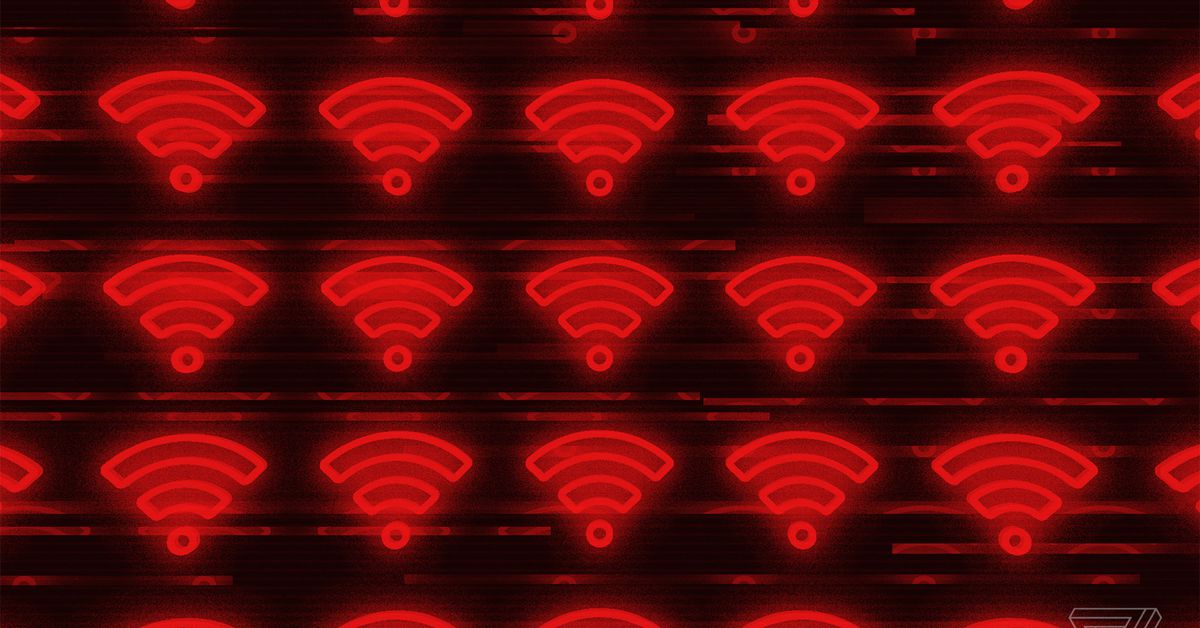Satellite internet competitors OneWeb and SpaceX are in the running to reconnect Alaskans after ice damaged a sub-sea fiber-optic cable in the Arctic Ocean, as reported bynumerouslocal outlets. While repairs are expected to take an additional six to eight weeks, satellites could help locals weather the widespread outage.
Last week, residents in the rural towns of Utqiaġvik, Point Hope, Wainwright, Kotzebue, Nome, and other communities found themselves without internet or cellular connectivity when the 1,200-mile fiber cable owned by the Alaska-based broadband company Quintillion suffered a break. Quintillion says the cable broke as “a result of an ice scouring event.”
“Our sub-sea system is currently out of service,” Quintillion states. “Our dedicated team of experts is actively engaged in diagnosing and resolving the issue. They are working in coordination with our partners and undersea cable maintenance teams to restore the services at the earliest possible time.”
While Quintillion completed laying its fiber-optic network in Alaska in 2017, the company originally had larger plans of creating a trans-Arctic data cable that would improve connectivity around the globe — but it never panned out. Elizabeth Pierce, Quintillion’s former CEO and the person picked by former FCC chair Ajit Pai to run the Broadband Deployment Advisory Committee (BDAC), was charged with wire fraud in 2018 after faking signatures and contracts to convince investors to put millions behind the lofty goal. She pled guilty and received a five-year prison sentence in 2019. The company has since been acquired by the investment firm Grain Management.
The outage has caused disruptions throughout the region, hampering 911 calls, closing businesses, and even impacting credit card transactions. While Quintillion says it’s working to get a repair vessel to the area, it could arrive as early as August, depending on weather and ice conditions. In the meantime, Quintillion is looking to satellite connectivity to hold residents over.
The company’s June 21st update says it has ordered user terminals capable of 500Mbps connections from OneWeb, a low Earth orbit satellite internet company. Neither Quintillion nor OneWeb immediately responded to The Verge’s request for more details on how the terminals will help reconnect service for locals. Starlink also says it’s “coordinating with the State of Alaska, various local governments & Native communities to help provide connectivity where it’s needed most.”
With rural areas across the US still struggling to get a reliable internet connection and war-torn countries like Ukraine suffering from service disruptions, satellites have become an increasingly popular solution to poor connectivity. OneWeb, which currently has about 600 satellites in orbit, competes with giants like SpaceX’s Starlink and Amazon’s Project Kuiper. Last year, the company merged with Eutelsat to bring satellite connectivity across Europe and later completed its initial constellation after launching its last group of satellites over India in March.

